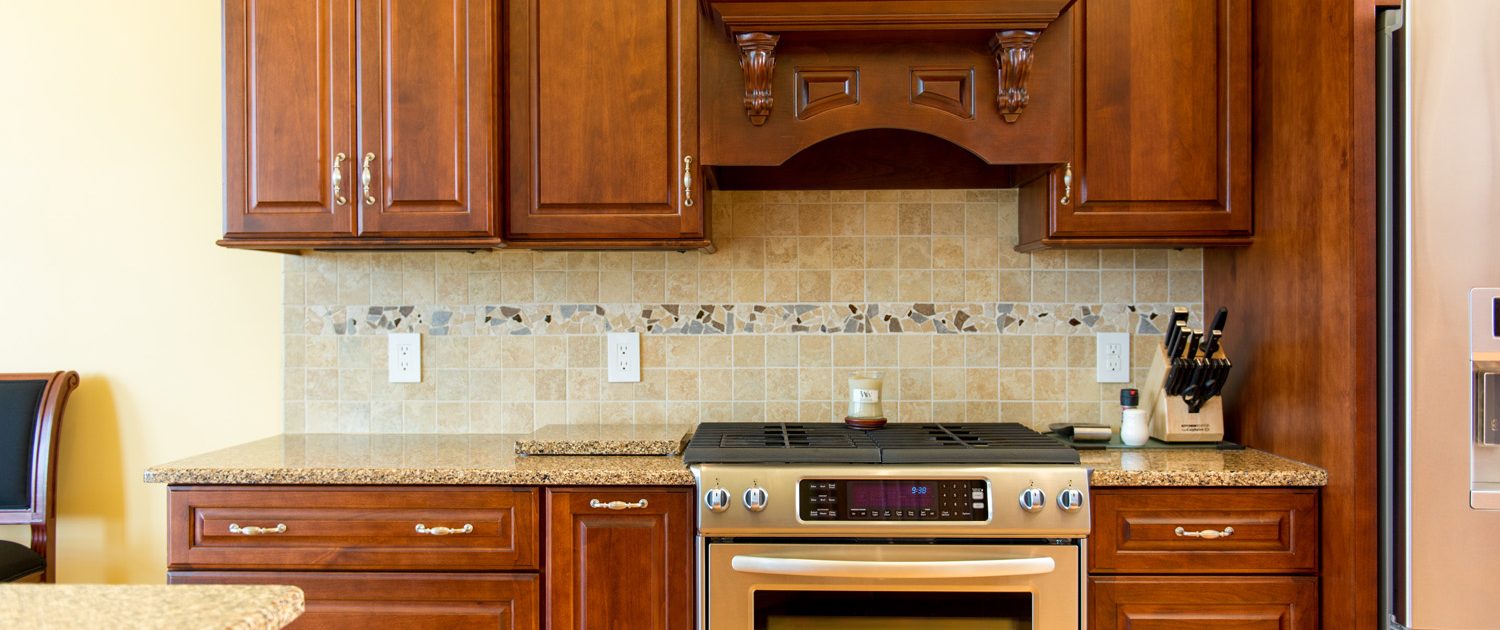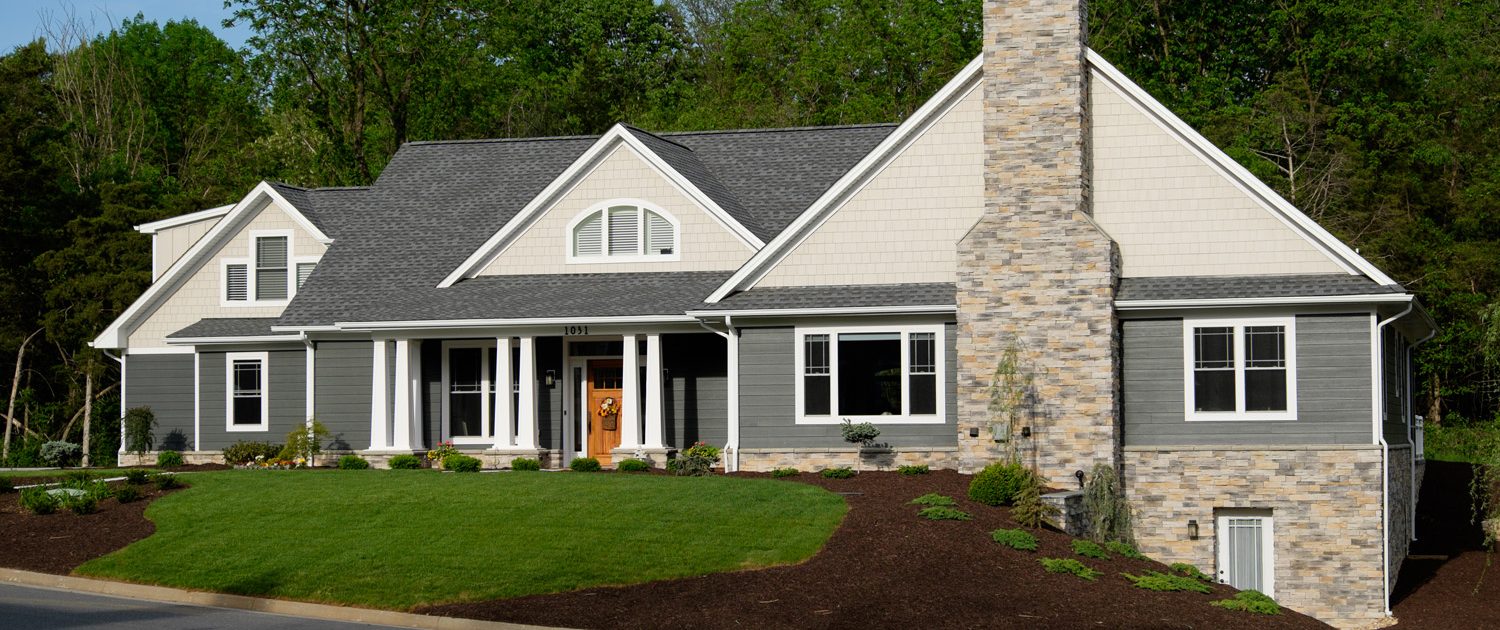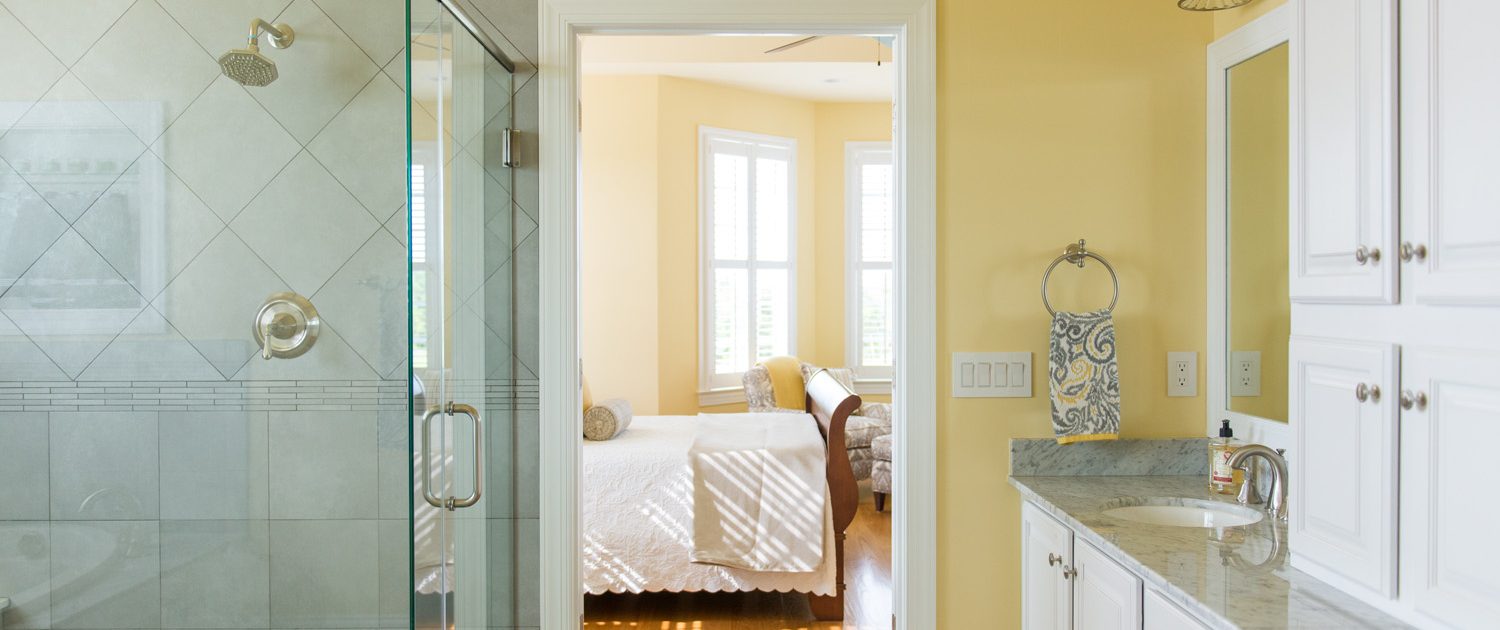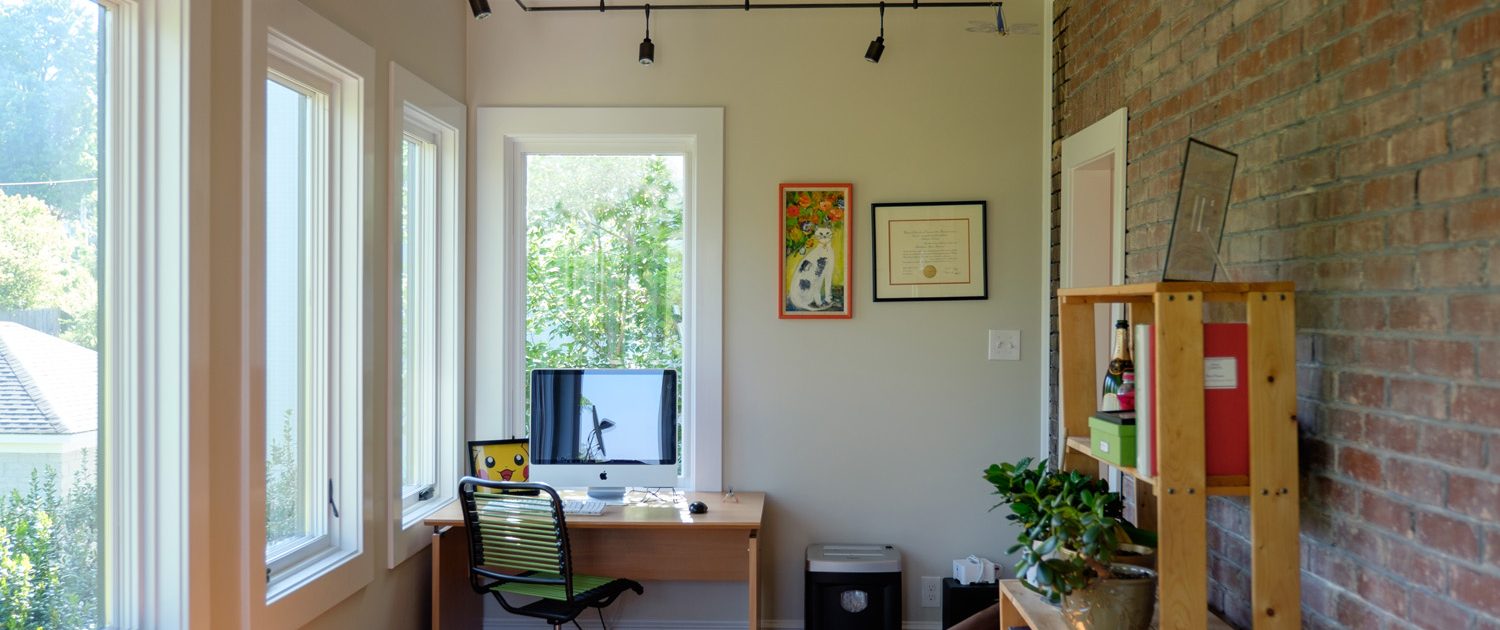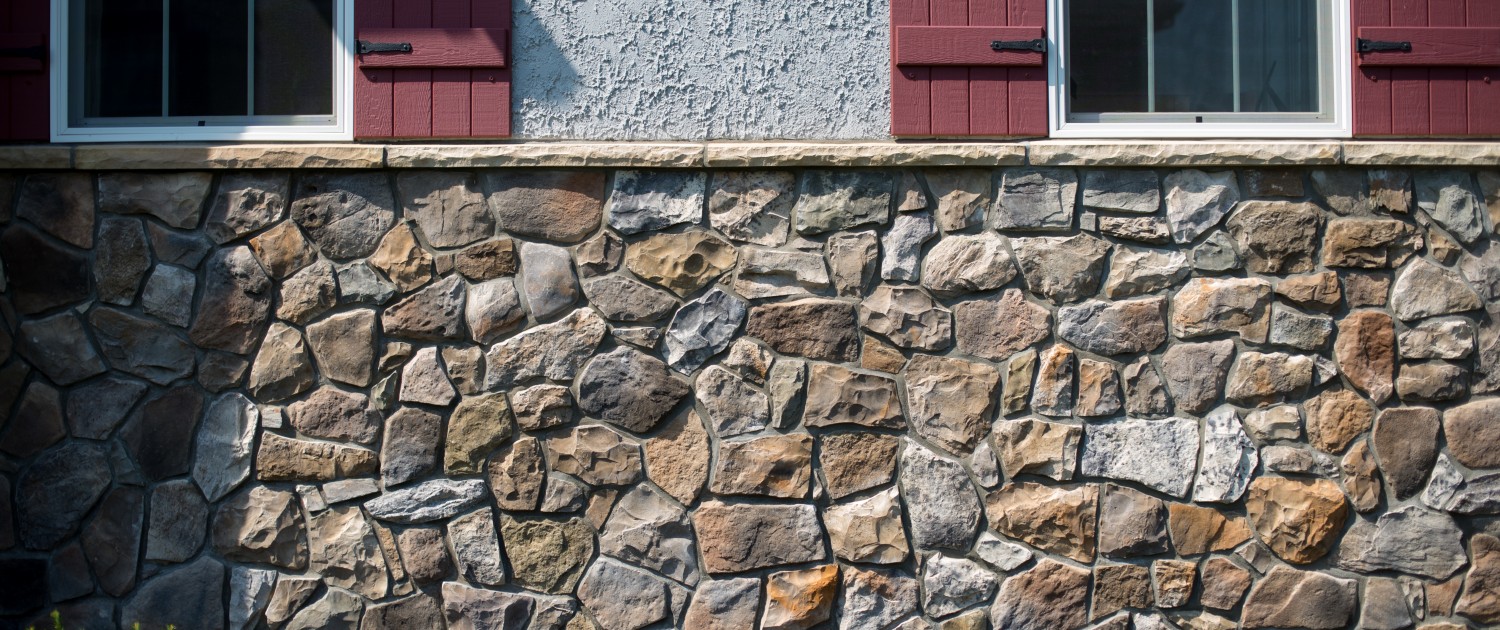Elephant In the Room #2: Change Orders.
Few things cause chills down the spine of prospective custom home clients like the term Change Order. Few things also have the power to derail the otherwise enjoyable experience of building a new custom home like improperly executed change orders.
A change order is a tool that is designed to add clarity and detail for customers on a new custom home project or remodel. Change orders, at their best, give custom home contractors the ability to customize each project to suit each clients’ specific needs, and give customers the ability to make those customizations without feeling punished. Change orders should be productive, not punitive!
Unfortunately, unscrupulous custom home contractors have given change orders a bad name, buy using them to hide their own estimating mistakes and cost overruns.
A true change order is a change to the scope of a project that is requested by the Customer, not levied by the contractor. Examples of appropriate change orders are: adding a screened porch that was not shown on the original plans, increasing the size of the patio from the original plans and changing from prefinished hardwood flooring to site finished hardwood flooring. Custom home contractors should not execute a change order for painting costs that exceeded the original budget, excavating costs that exceeded the original budget or any other cost that simply exceeded the original budget without the customer specifically requesting a change.
Before you sign a contract, ask your custom home contractor about his or her process for change orders during construction. Make sure your custom home contractors’ contract includes a change order clause that is simple to read and easy to understand. Custom home contractors should have a clearly outlined, simple and universal process for handling change orders that include the customer, clearly communicate the cost and time implications of the change, and track that cost clearly and separately from the original project budget.



